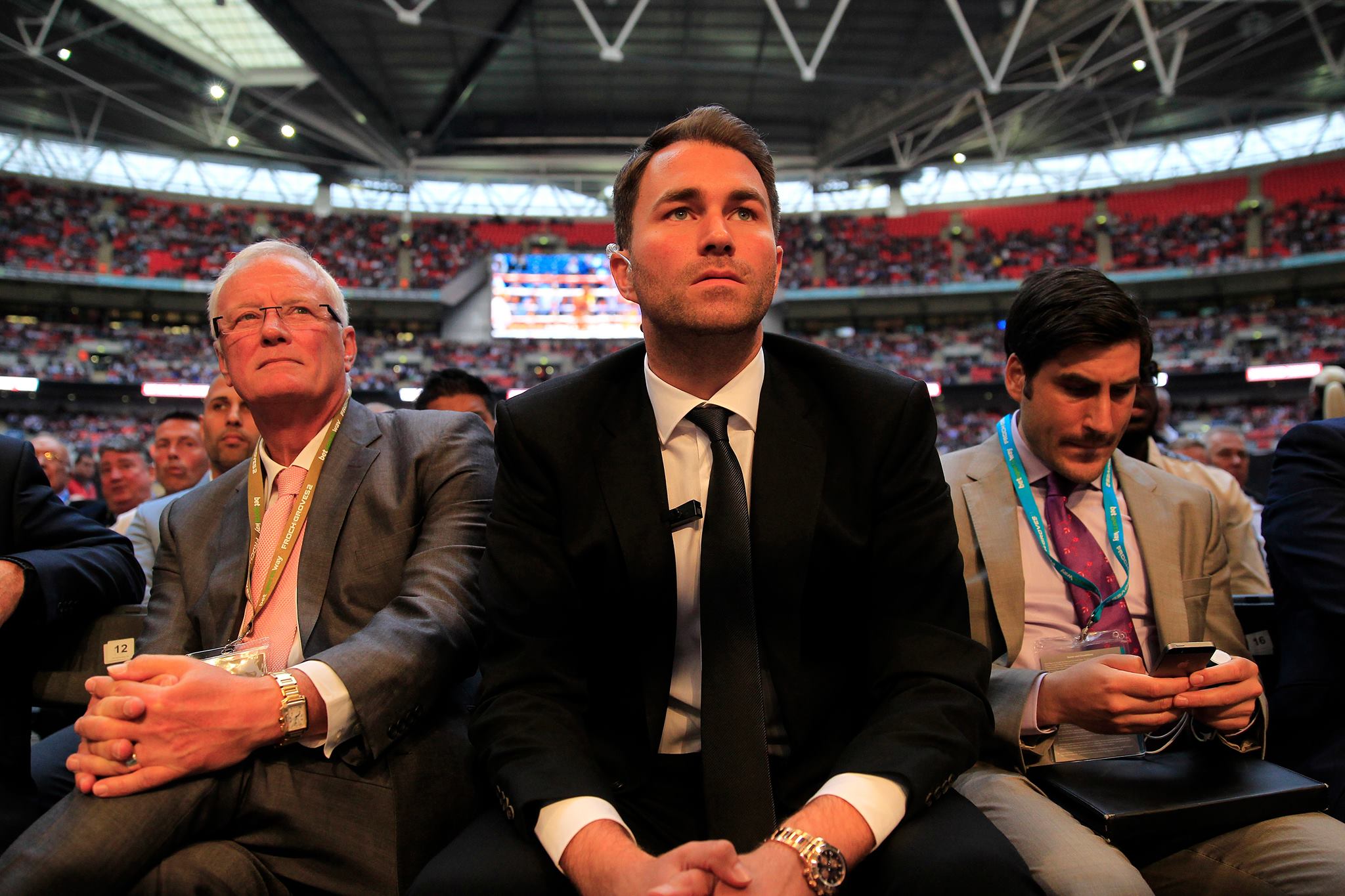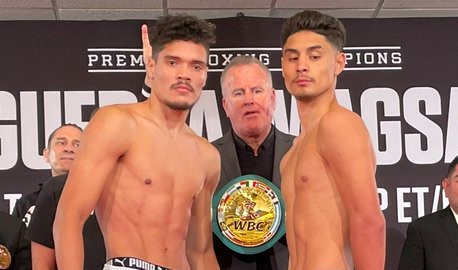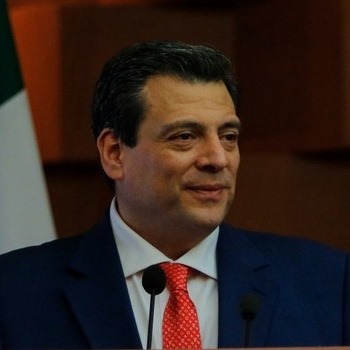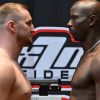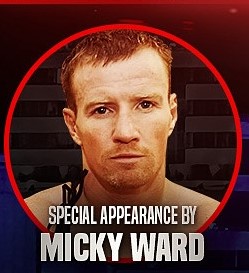1. “Beneath it all, desire of oblivion runs.” Philip Larkin
2. In the ring, Edwin Valero was riveting, and the strange quality that defined his style–an uncommon cruelty–was couched strictly in boxing terms. Yes, his bloodlust appeared to be a natural extension of his fractured psyche. Over the years, several fighters with similarly destructive styles–Mike Tyson, Frank Fletcher, Tony Ayala, and James Kirkland–have found themselves unable to curb their hostility.
3. Make no mistake about it: for Valero, going for the KO in every fight was a conscious decision, a way to ensure his popularity in the ring. There is nothing fluky about his improbable 100 percent knockout ratio. “The fans love a knockout,” he once told La Prensa. “It is similar to when someone hits a homerun in baseball or scores a goal playing soccer. Knockouts are like that.” But his ferocity between the ropes was also a psychological correlative.
4. Like many boxers, what made Valero uniquely suitable for boxing– impulsivity, aggression, a willing disregard for consequences, rage, the ability to momentarily suspend morality in pursuit of a knockout– made him unsuitable for life beyond the ring.
5. Now the requisite handwringing will begin. Scapegoats will be sought. More lurid details, highlighted by even more lurid prose, will soon emerge. His accomplishments in the ring will be parsed. Blame and moralizing will follow. No longer a figure whose exploits excite us, no longer someone we can live through vicariously, Valero, in death, is repellent, and his ferocity in the ring becomes chilling in retrospect, brief glimpses of a soul perpetually in extremis. Edwin Valero was a sick man. By all accounts an alcoholic and drug addict with an explosive temper, Valero pitilessly abused his wife, in what can be read as grotesque parodies of his feats in the ring, and terrorized those around him with his manic behavior. Finally, his rage escalated to the point where, in a drug and alcohol-fueled haze,—he stabbed his wife to death. Jennifer Carolina Viera was only twenty-four years old.
6. Never mind who in the sordid prizefight industry failed him or aided him by turns–manager, trainer, promoter, cut man, etc. How is it that we expect to see fighters face death during the day in the ring and then expect them to Tweet cheerfully at night?
7. “The merciful man doeth good to his own soul; but he that is cruel troubleth his own flesh.” PROVERBS 11:17
8. In the end, boxing is irrelevant to the tragic case of Edwin Valero unless, of course, it is not. If the violence inherent in boxing did not aggravate his dark side, if blows to the head did not alter his personality for the worse (as trauma to the frontal lobe has been known to do on occasion), if being rewarded for what amounts to antisocial behavior in the ring did not skew an outlook on life no doubt already awry, then we must simply attribute his murderous rage to a personality disorder, to sheer barbarism, to drug and alcohol abuse, to being nothing more than a horribly flawed human being. Depressed, bitter, suicidal, beset by demons, he was, despite fame and a certain amount of material success, one of the disinherited. What matters, then, is that he was more like you and me than we would like to believe.
9. Edwin Valero is born in 1981 in Merida. He is raised during an era when poverty in Venezuela is estimated to have been anywhere from 35 to 65 percent. His parents split when he is young. As a child, Valero engages in frequent street fights. His mother sells fruit from a cart. Valero drops out of school early. By the age of 11 or 12 Valero is homeless and living on the streets of La Palmita. He gets a job in a bicycle shop. The owner is an ex-boxer and encourages him to take up the sport. In spite of the hardships of his life, or perhaps because of them, Valero excels. Although Valero is known as a hardpunching brawler throughout his professional career, he is a standout amateur as a teenager. In fact, he wins the Venezuela amateur championship three times. He also wins the Central & South American amateur championships in 2000. In Venezuela, a woman dies every two days as a result of domestic violence.
10.
“All your houses are haunted by the person you might have been.”
Hilary Mantel
11. Above all, there is that poignant sense of loss, the end of all futures for Jennifer Carolina Viera, and, yes, for Valero as well. Then there are the dramatically altered–or disfigured–futures, those of the Valero children, as well as families and friends of both killer and victim. For Valero, who stated plainly that he wanted to be remembered as a legend, there will only be yesterdays. Tomorrow, he will amount to nothing more than a future nightmare, one best left forgotten.
12. El Universal: If you had the opportunity to ask God a question, what would it be?
Edwin Valero: If it is true that heaven really exists, and, if we are up there, if we can see all who remain here below.
www.thecruelestsport.com






